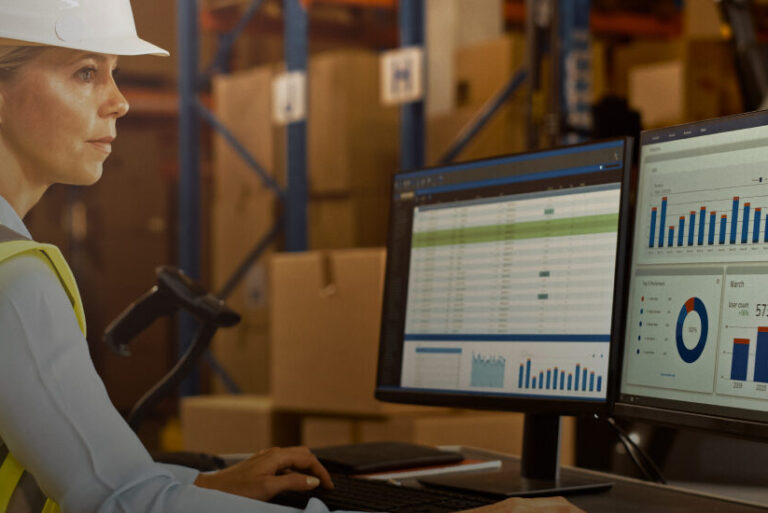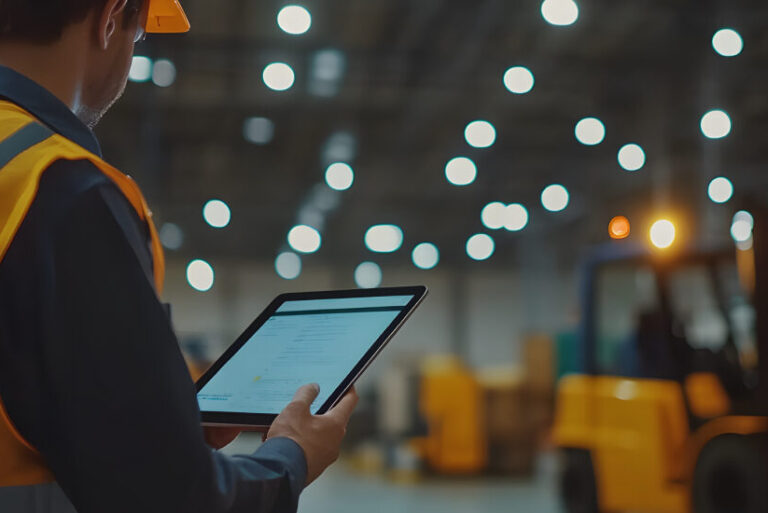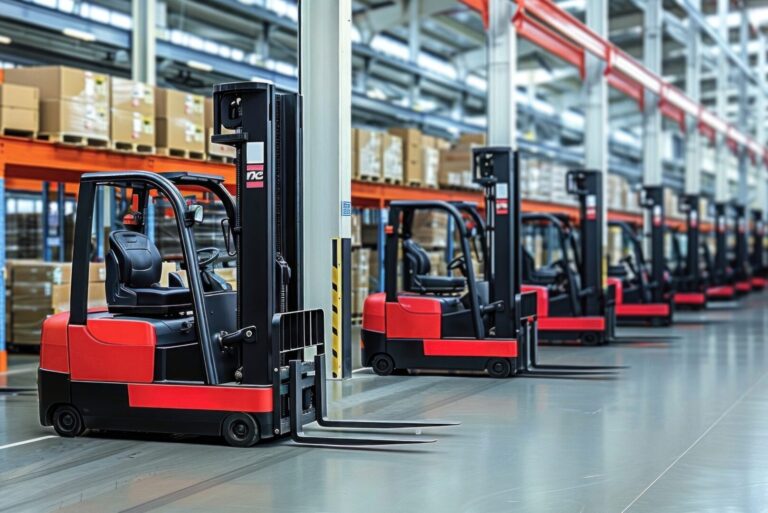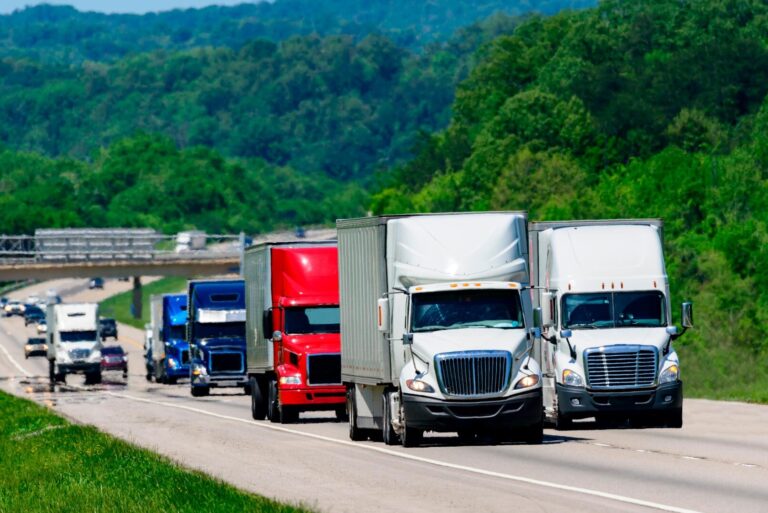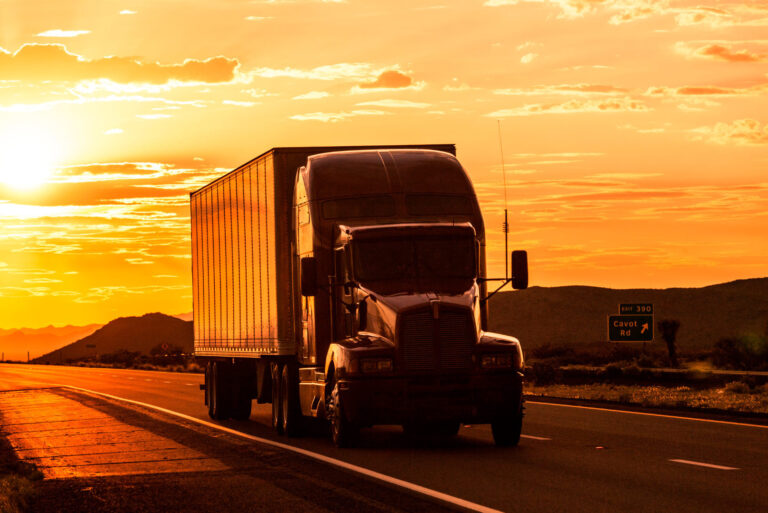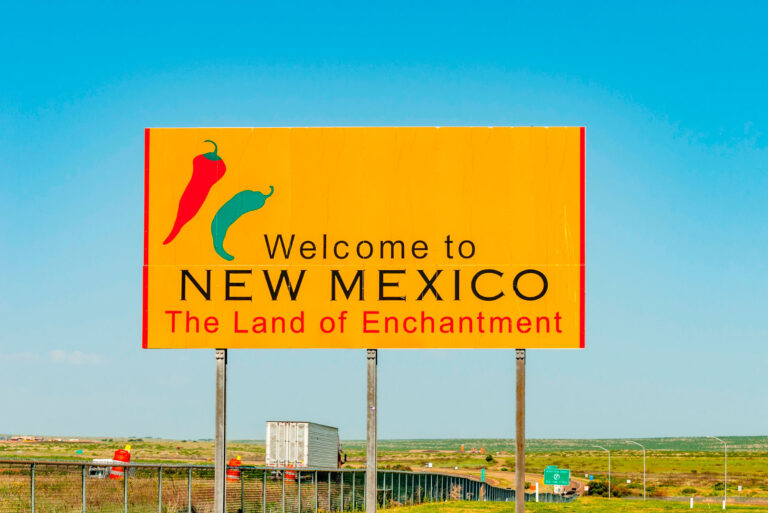What to Know Before Applying to Washington's Clean Fuel Standard
May 14, 2023
Washington State’s Clean Fuel Standard took effect January 1, 2023, enabling electric vehicle owners to earn revenue through their reduced carbon emissions. The program seeks to reduce Washington’s greenhouse gas emissions by incentivizing reduced usage of oil-based fuels in the transportation sector and encouraging increased usage of low carbon and electric vehicles. Participants enrolling in the CFS should be aware of application requirements, including applying through the Washington Fuels Reporting System and providing information on their electric utility usage.
This article discusses everything you need to know about the Clean Fuel Standard application process for Washington-based electric vehicle (EV) fleet owners and explores the benefits and regulatory procedures of opting into the CFS.
Why Participate in the Clean Fuel Standard?
Through the Clean Fuel Standard (CFS), fuel producers and suppliers are required to reduce their emissions or purchase energy credit offsets, while low-carbon fuel users, including fleet owners that use electric vehicles, are voluntary participants who can earn revenue through their reduced emissions.

Learn more about how to earn revenue through the CFS: Washington Clean Fuel Standard: Fleet Owner’s Guide
The value of credits is based on the supply and demand of the CFS credit market, so values will fluctuate based on the needs of fuel suppliers in credit deficits. Credits are issued to generators after each quarter.
Enrolling in the Clean Fuel Standard
The Clean Fuel Standard enrollment process has several steps for credit generators. This process allows the Washington Department of Ecology to make estimations regarding budgets and the availability of low carbon vehicles.
The following explains the CFS enrollment process and explores what EV fleet owners will need to know before applying.
Application
CFS participants begin their application process through the Washington Fuels Reporting System (WFRS), which manages all data, certifications, and regulatory processes of the CFS, including:
- Fuel pathway certification
- Fuel transactions reporting and recordkeeping
- Credit generation and transfers
- Smart Charging Technologies can handle all the paperwork of enrollment for you to help you ensure accurate reporting.
Compliance Obligations
Once participants are successfully enrolled in the CFS, credit generators are required to submit quarterly and annual reports that detail their generated and transacted credits. Reports must be submitted through the WFRS by the following deadlines.
Quarter 1 (Jan. 1 – March 31) | Registration opens. In future years, an annual report of the following year will be due by the end of Quarter 1. |
Quarter 2 (April 1 – June 30) | Quarter 1 report is due by the end of Quarter 2. |
Quarter 3 (July 1 – Sept. 30) | Quarter 2 report is due by the end of Quarter 3. |
Quarter 4 (Oct. 1 – Dec. 31) | Quarter 3 report due by the end of Quarter 4. |
Participants that fail to meet these reporting deadlines or provide the Washington Department of Ecology with inaccurate data readings may be subject to punitive fines. Partnering with Smart Charging Technologies ensures that your company and EV fleet accurately report and manage CFS credits. SCT’s on-site audits ensure full accuracy, letting you avoid the risk of misrepresented data.
Simplifying the Enrollment Process with Smart Charging Technologies
The CFS application process ensures credit generators and fuel producers comply with the regulation and accurately report their earnings. However, this process can be a burden on EV fleet owners as they navigate the complexities of the CFS. Smart Charging Technologies offers support through the application process and handles the application, reporting, and credit selling process for you, letting you focus on your business.

Smart Charging Technologies ensures that you get the best value from your credits and earn revenue through your reduced emissions.
By enrolling through Smart Charging Technologies, you’ll make sure you get the most out of the CFS without the hassle of compliance obligations and complex enrollment processes. Read more about how you can enroll with Smart Charging Technologies’ Smart Rebates program: Washington CFS for EV Fleet Owners
Related Posts

